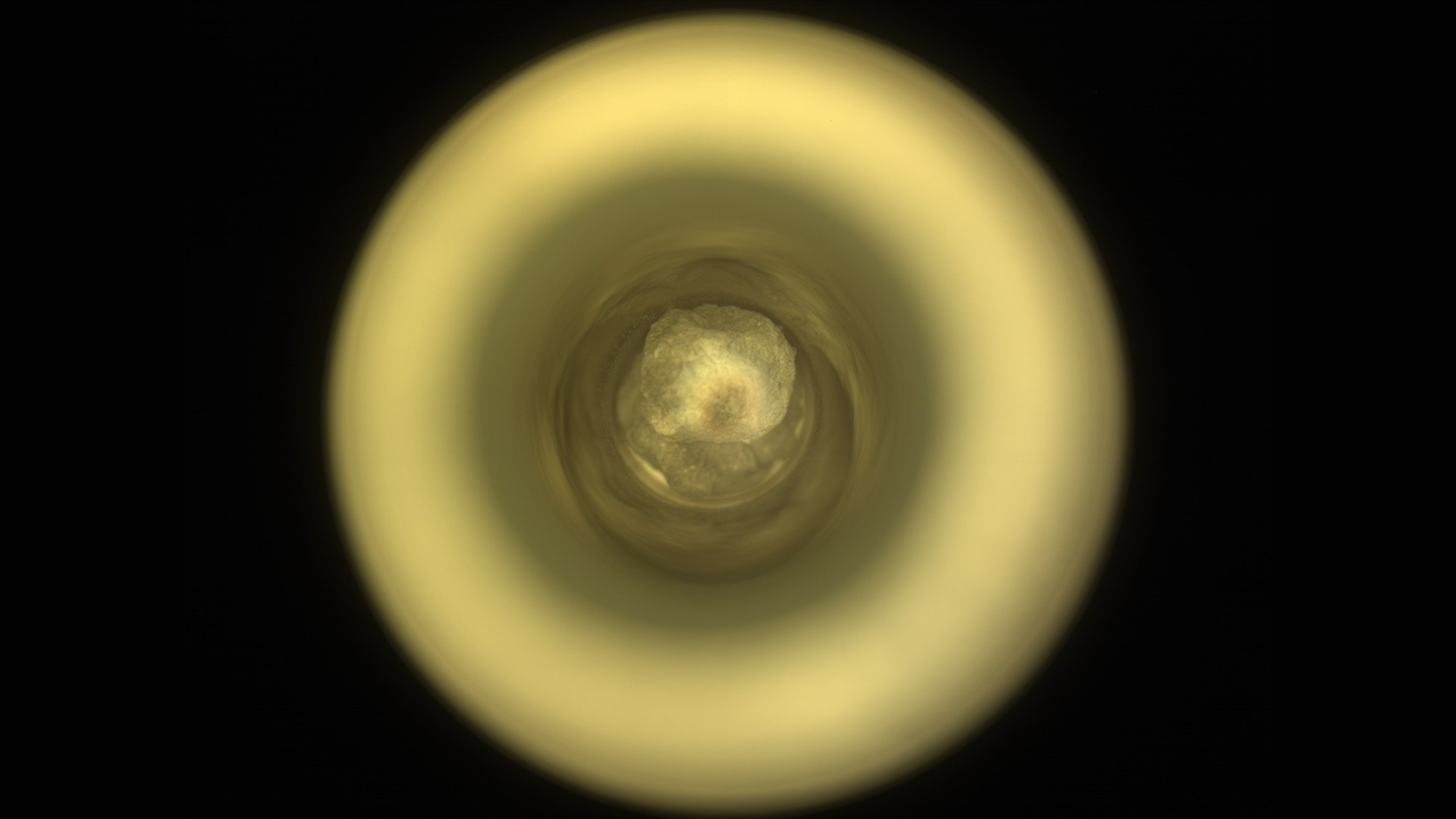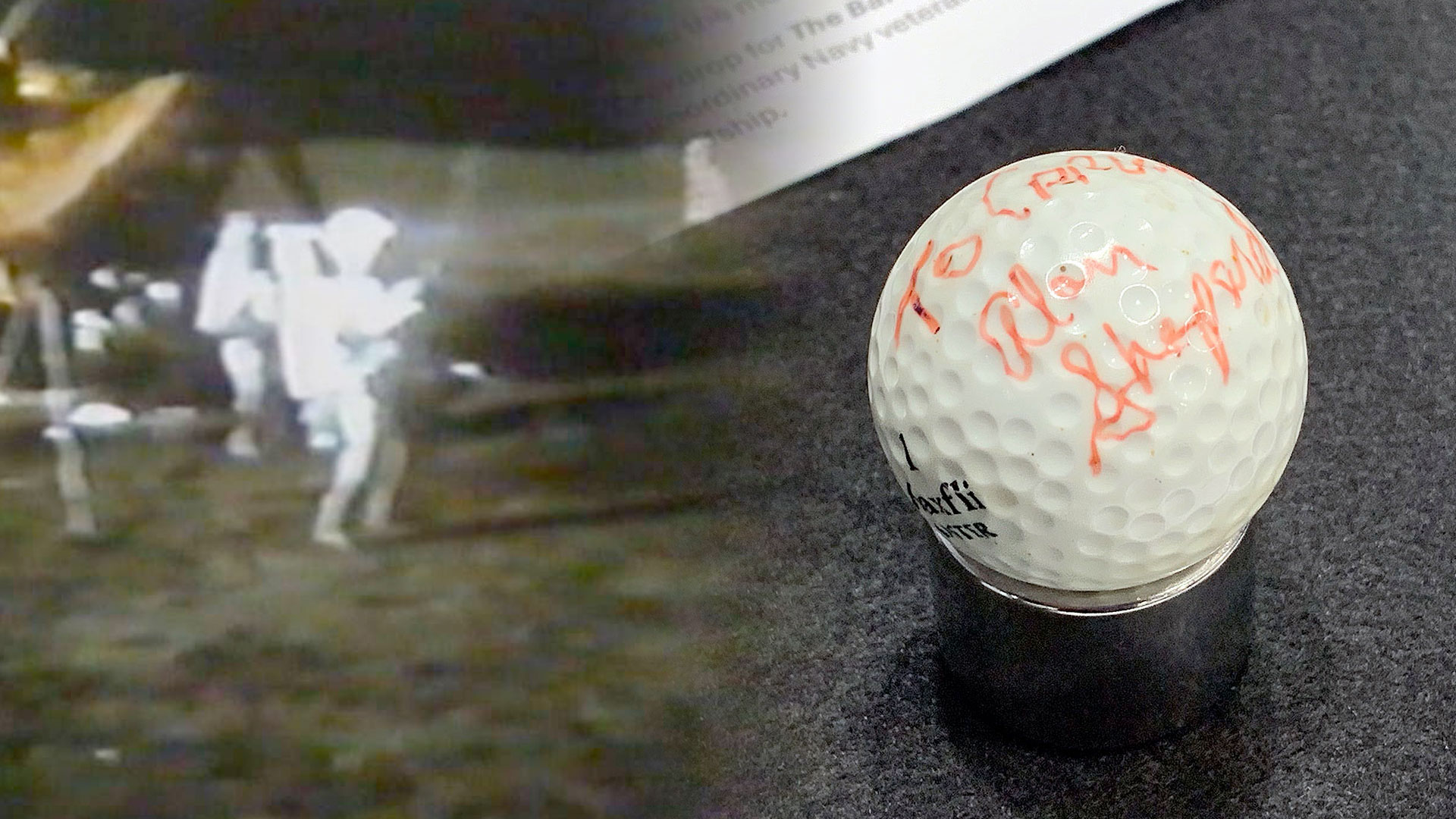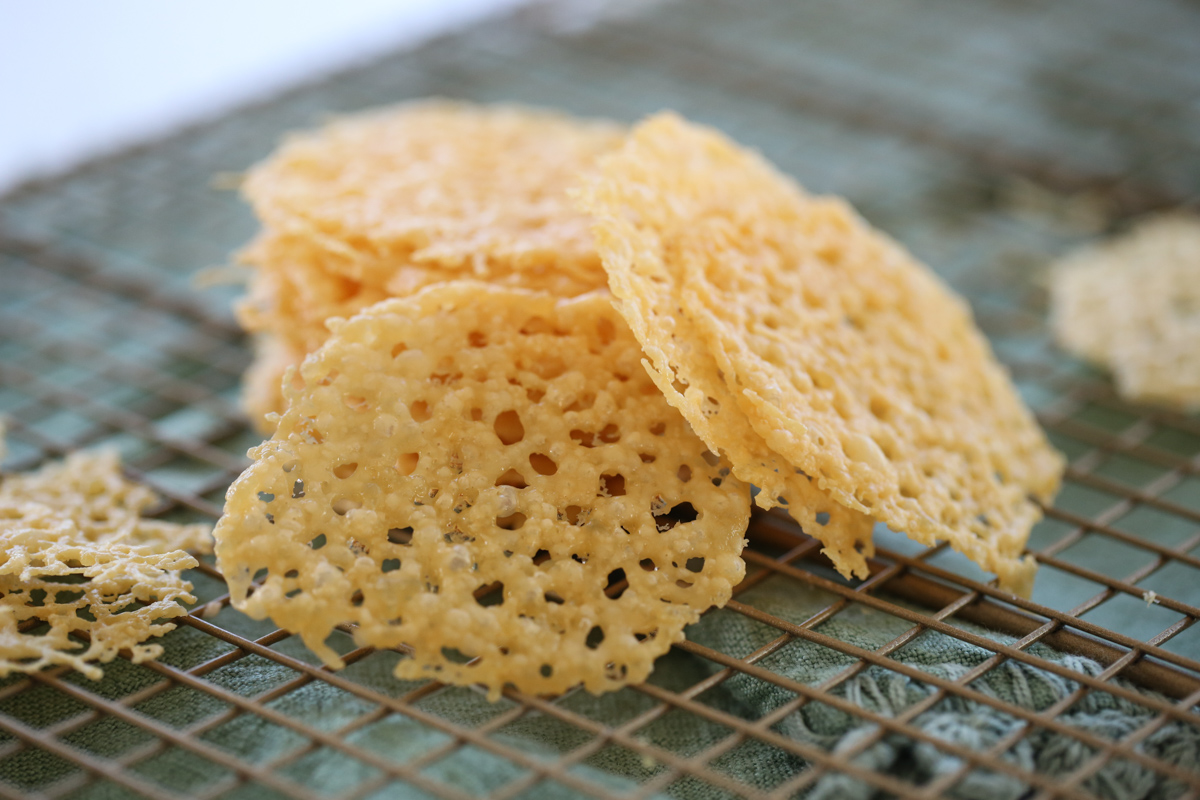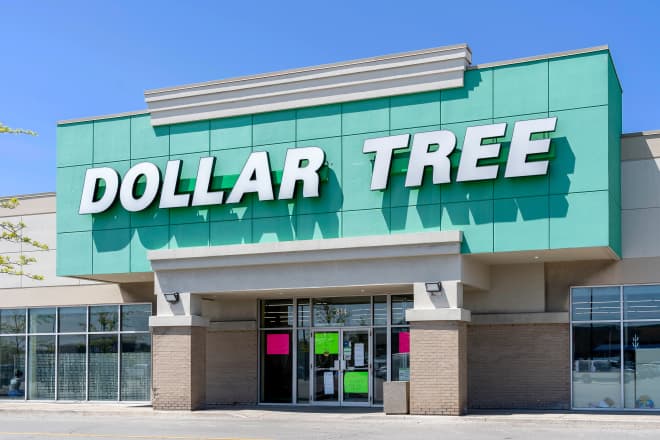Clean Slate review: Norman Lear and Laverne Cox team up for a fresh twist on a classic sitcom formula
Trans representation done with grace and humor comes to Prime Video in the Laverne Cox/Norman Lear team-up, "Clean Slate."


Clean Slate is what happens when TV arithmetic adds up. Produced by two TV legends, Norman Lear and Laverne Cox, this Black family sitcom from Prime Video brings together the former's sensibilities — as seen in classic hits like All in the Family, Maude, and Good Times — with the four-time Emmy-nominated Orange Is the New Black star's passion for trans representation, and distinctive blend of sass and heart.
Before his passing in December of 2024, Lear served as executive producer on this Prime Video sitcom, which Cox not only headlines but also created alongside Dan Ewen (Dear Santa) and Clean Slate co-star George Wallace. Together, they've crafted an Alabama-set family comedy in which generations clash, but in a way that makes for more laughs than tension. Think Archie Bunker and his "Meathead" son-in-law Michael of All in the Family, but if at least one of them had gone to therapy.
Clean Slate centers on a father and daughter reconnecting after years of estrangement.

Harry Slate (Wallace) is a familiar figure on family sitcoms. Living in a cozy American small town, he's a hard-working, blue-collared dad, who knows his neighbors, loving some — like the no-nonsense churchgoer Miss Ella (Family Matters' Telma Hopkins) — and loathing others — like the hillbilly-nerd next door, Miguel (Phillip Garcia). He is proud of his work as a car wash proprietor, offering services to his neighbors with a big smile and a vintage convertible brandishing his logo alongside its pristine paint job. But there's a hole in Harry's life where his family once was.
After the death of his wife twenty-some years before, his teenager left their Alabama home for parts unknown, and hasn't been in touch since. Harry is elated when an email arrives, promising his prodigal child is coming home. But this proud papa is expecting the son who played football, not the "fancy lady" (Cox) who appears on his porch with a suitcase and a strained smile. Then she says, "Dad, I'm your daughter, Desiree....I've always been Desiree."
Stunned but welcoming, Harry invites in the daughter he never really knew, and through 10 episodes, they both grow in understanding and acceptance of each other.
Cultures clash in Clean Slate.

23 years before, Desiree left behind her Southern small town for big New York City dreams. She became a woman, glamorous and educated, and an aspiring gallerista. But when the funding falls through for her gallery (blame an unreliable beau), she comes home to regroup. And she's bringing with her metropolitan expectations, queer culture, and the language of therapy. Meanwhile, Harry hasn't changed a thing about the family home in all these years, sitting amid rotting furniture and memories fading like framed photos in the Alabama sun. He's confounded when Desiree explains she needs to relax her vagus nerve or offers him chia seed pudding, but is supportive as best he can be. They also set up a pronoun jar, which he pays into anytime he misgenders or deadnames his child. ("I'm gonna retire off this," Desiree quips dryly.)
In a smart move, Clean Slate's culture class hits on several fronts. There's the generational divide made crystal-clear by Desiree's embrace of therapy and Harry's confusion over the coping tools she speaks about. There's a big city versus small town chasm, with Desiree prone to rolling her eyes over her father's idea of class, like a "Last Supper of Soul" painting featuring classic Black musicians like Ray Charles but not — as Desiree notes — Grammy-winning diva Beyoncé. Then there's Harry's exposure to queer culture through his daughter and her friends, which includes her closeted local bestie, Louis (D.K. Uzoukwu). But this cultural exchange is a two-way street.
Revisiting her past means Desiree gets a fresh perspective on the Southern charms she'd left behind, like a fair full of games and old but endearing prizes. Things she may have remembered fondly but were tainted by the hiding of herself she felt compelled to perform are now rediscovered with child-like glee, and this time with her dad really seeing her.
More than a joyful exploration of parent-child love, Harry and Desiree's relationship provides a mirror and model to friends of the family Mack (Jay Wilkison) and Opal (Norah Murphy). He is a formerly incarcerated single dad who works devotedly at Harry's carwash. She is his young and brilliant daughter, who has ambitions of being "the next Jeff Bezos." For the former, Desiree is enchanting, a possible love interest, while for the young girl, she is a role model for getting out of the shadow of your father and paving your own way. But as Clean Slate moves through episodes, it's becomes clear you could do the latter without leaving your dad in the dust.
Trans representation, but not queer utopia, is presented in Clean Slate.

This series about family love and acceptance feels radical in a time in which Republicans are demonizing trans and queer people through propaganda and absurd executive orders. Where Desiree feared rejection by her father and former community, she is instead largely embraced — even if it takes her dad some time to adjust to the "pronoun sitch" (as Opal calls it). She reconnects with old friends and makes new ones. But in the fourth episode, during a visit to church, she is confronted by a bigoted preacher.
Desiree is anxious about going back to a place where "eternal damnation" was promised for embracing her truth. To attract less attention, she dresses "conservatively," abandoning the bright colors and snug-fitting yet chic dresses she favors for a beige two-piece, a long skirt and blouse. As soon as she arrives, Miss Ella ushers her to the front to sit with her and her girlfriends. But after service, the pastor, who is quick to hug his female congregants, forces a handshake on Desiree, greeting her as he does the men. Seeing Desiree is wounded by the misgendering gesture, Miss Ella will not let that stand. She calls her "girlfriends of grace" together for a protest, and urges Harry to fight for his daughter too. He will in his way, and things will get messy.
While keeping the buoyancy of the sitcom tone — not falling into "very special episode" seriousness of the '90s — Clean Slate offers an accessible guide to allyship. While her loved ones want to make a big show of support in protest and vandalism, that's not what Desiree wants. And how they hear her and act in response is a beautiful climax to the episode, and that it happens so early in the season makes it hit even harder. Because it shouldn't be an extraordinary thing to show up for those we love. Clean Slate shows how easily we can do that in our everyday lives, and how extraordinary that can feel to those we do it for. Having said that, the pastor and this plotline comes back in the finale. And the series climax is divine.






































































